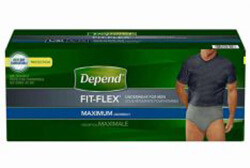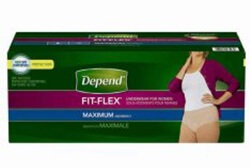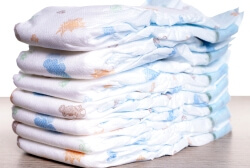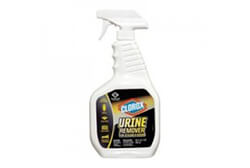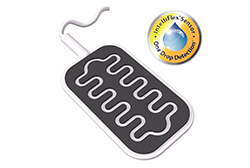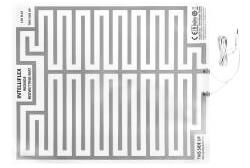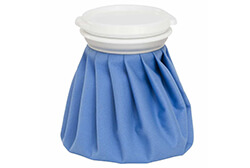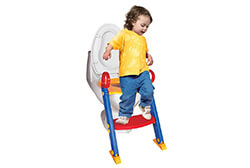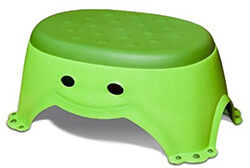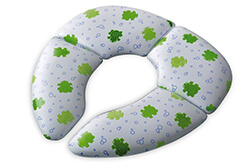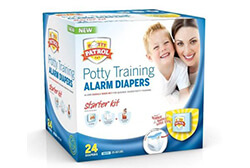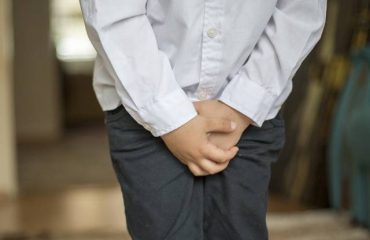5 Tips to Manage Bed-wetting
Last Updated on February 17, 2023 by One Stop Bedwetting
Parents always have their child’s best interest at heart. So when it comes to bed-wetting, parents are often confused and stressed out about how to deal with the problem. Here are five tips to help you deal with your child’s bed-wetting in a positive and constructive way.
1. Creating a Don’t Ask,Don’t Tell Situation. Parents should always protect their child’s feelings. Don’t discuss your child’s bed-wetting with his or her peers or their parents or with close relatives. But its a good idea for them to help if need be. If you think speaking to a pediatrician or an uncle or aunt who was a bedwetter in their childhood might help, don’t hesitate. Make sure your child understands that it’s important to seek help.
2. Help your Child Wake Up. Many children dealing with bed-wetting are deep sleepers and don’t recognize the need to empty the bladder at night during sleep. Usually parents wake up their child to help them void at night. By doing this, it’s the parent who assumes the primary responsibility of waking up not the child. To stop bed-wetting it is important that your child recognizes a full bladder and wakes up on their own at night. Bed-wetting alarms can establish the connection between the brain and the bladder in your child .
3. Waiting for your Child to Outgrow Bed-wetting. Yes, it’s true that most children outgrow bed-wetting after a certain age, but bed-wetting is stressful and embarrassing. Also, many parents and children don’t want to wait endlessly. If your child is over 6 years of age and still wets the bed couple times of a week, it’s time to find out the cause of bed-wetting and get the right treatment.
4. Comparing with Other Siblings. It’s possible you never had bed-wetting issues with your older children and/or a child younger to your bedwetter is already dry. But drawing comparison with other children in the household will not help. It will only increase your child’s feeling of shame and guilt which can lead to prolonged bed-wetting.
5. Making Lifestyle Choices. Simple every day choices such as limiting your child’s fluid-intake, not consuming caffeinated drinks and food or wearing pull ups can make a difference. Limiting fluid in-take without making your child uncomfortably thirsty and restricting tea, coffee, colas or chocolate before bedtime might help.
Remember that it is not not a full bladder that causes bedwetting. It is your child’s inability to wake up to empty the bladder that causes bed-wetting. Help your child recognize the need to wake up. And one of helping them is letting them sleep in the underwear instead of the pull up with a bedwetting alarm till bed-wetting stops.








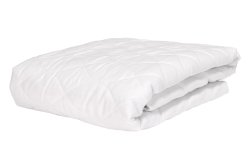 Our #1 Top SellerIdeal for Daily Use
Our #1 Top SellerIdeal for Daily Use Premium Quality BeddingSoft and Comfortable
Premium Quality BeddingSoft and Comfortable Premium Quality BeddingLarge Urine Absorption
Premium Quality BeddingLarge Urine Absorption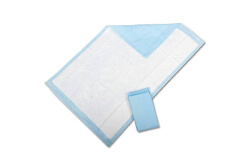 AFFORDABLE PRICECHANGE DAILY AS NEEDED
AFFORDABLE PRICECHANGE DAILY AS NEEDED
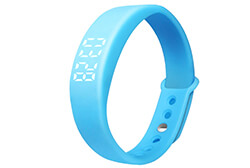 Sleek, Stylish and Affordable Watch
Sleek, Stylish and Affordable Watch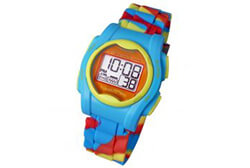 Multi-Function Watch with Numerous Features
Multi-Function Watch with Numerous Features Recommended watch for teens and adults
Recommended watch for teens and adults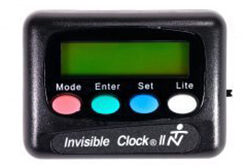 Perfect for medication and other reminders
Perfect for medication and other reminders


